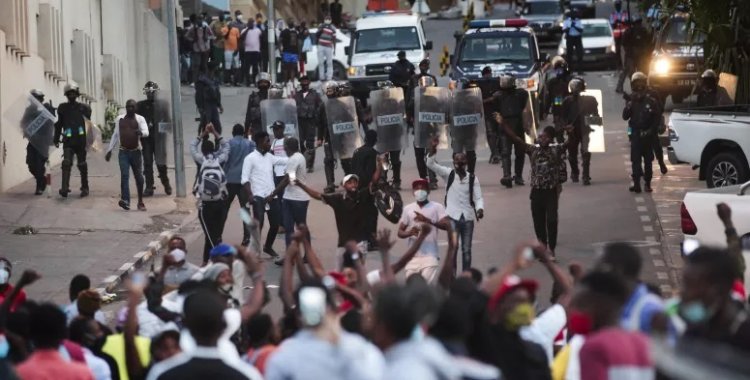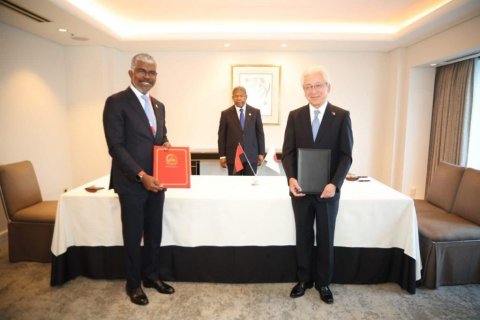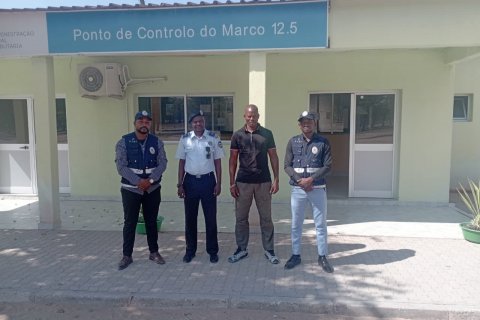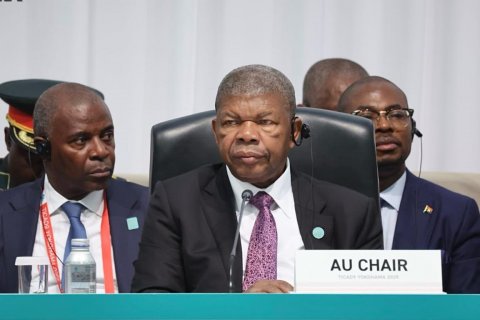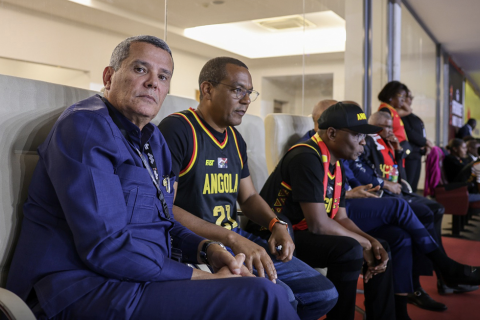In statements to Lusa, Zola Bambi indicated that 26 defendants were acquitted of all crimes and another 71 convicted of disobedience to a one-month prison sentence converted into a fine of 20 kwanzas per day, as well as 10,000 kwanzas of justice and 2000 kwanzas for the unofficial defender.
All will be released pending the signing of the release warrants, he added.
The lawyer from Mãos Livres (Free Hands), which is part of the group that defended the demonstrators, said that three of the convicted defendants have requested that an appeal be filed, which will be extended to all.
The initial figures pointed to 103 arrested demonstrators, but some have yet to make a statement (one young mute and another who is isolated because he was diagnosed with covid-19) or remain out of the process (journalists), explained Zola Bambi.
The Public Prosecutor's Office may also request a certificate to open a separate case to try these defendants.
On October 24, several journalists were also arrested, but released without charge.
The trial session, concluded with the hearing of the last defendants and final allegations, took place this Sunday in Cidadela, after the defense requested a room with better conditions than the previous sessions, in the Provincial Court of Luanda.
On Saturday, one of the defendants was assisted at the prison hospital and presents "a worrying clinical picture," with "loss of mental faculties," according to Zola Bambi.
Among those arrested were youths, activists, and members of UNITA, accused of disobedience to presidential decree 276/20, which established more restrictive measures in the area of covid-19 prevention, crimes of voluntary bodily harm, and crimes of voluntary damage to National Police property.
The trial began on Monday and took hundreds of supporters to the D. Ana Joaquina palace, in the downtown area of the capital, demanding the release of their comrades.
The Provincial Court of Luanda was the scene of clashes with the police who, on Wednesday, prohibited the presence of demonstrators in the vicinity of the site after disagreements and some acts of vandalism.
President João Lourenço spoke on Thursday for the first time about the events, as leader of the Popular Movement for the Liberation of Angola (MPLA), denying the violation of rights in Angola and saying that the right to demonstrate is only "conditioned" temporarily because of the pandemic.
The head of state also attacked the National Union for the Total Independence of Angola (UNITA), the main opposition force, which also joined the march called by civic movements, considering that the party should assume "all the consequences of its acts of irresponsibility" in the possible increase of covid-19 cases, due to direct involvement in the protests.
UNITA President Adalberto da Costa Júnior responded to the criticism on Friday, stating that João Lourenço "is afraid of the people, who are showing that they can read and position themselves in defense of their interest.
The organizers of the frustrated demonstration on October 24, strongly repressed by the police, called for a new protest on November 11, the date marking 45 years of National Independence.
According to Dito Dalí, who claims to have been one of the victims of the police aggression, even losing his senses, the protest scheduled for November 11 is taking place following others who demanded the removal of the director of the office of the President of the Republic, Edeltrudes Costa, whose name came up in an investigation into corruption released by TVI.
"We announced that day that from now on we will make the streets our offices, to express our discontent and demand from the President a clarification on the timing of local elections, the removal of Edeltrudes, the president of the National Electoral Commission and demand that the President create conditions to solve the problems of citizens," said Dito Dalí.
The activist stressed that the social and economic situation of Angolans continues to deteriorate, and complaints should be presented to the executive, which has the mission to "attend to the problems that society suffers".

